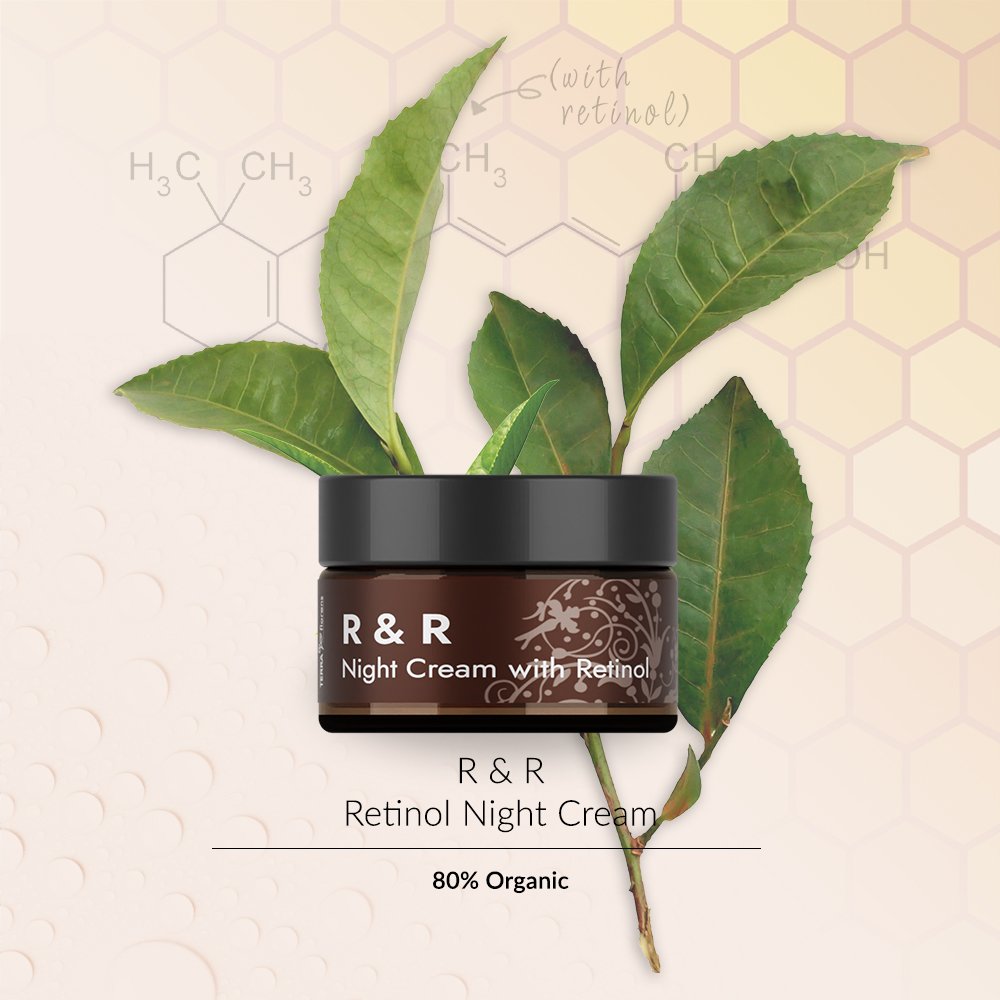Vitamin A (Retinol)
What is it?
Vitamin A is the name of a group of fat-soluble retinoids, including retinol, retinal, and retinyl esters
Main Benefits
Anti-aging, increasing skin thickness and elasticity, collagen-building
More Information
Vitamin A is involved in immune function, vision, reproduction, and cellular communication. Vitamin A also supports cell growth and differentiation, playing a critical role in the normal formation and maintenance of the heart, lungs, kidneys, and other organs. Precursors of Vitamin A include retinol, retinyl palmitate and carotenoids. They must be metabolized intracellularly to retinal and retinoic acid, the active forms of vitamin A, to support the vitamin’s important biological functions. Retinoic acid is available by prescription only because of the risk of congenital birth defects. Retinol, retinyl palmitate and carotenoids should be converted to active form by cells of human body, and therefore do not carry a risk of overdose. Skin is a retinoid-responsive organ, able to readily absorb vitamin A when applied topically. Retinol stimulates production of new skin cells. Multiple credible studies indicate that retinol is effective at stimulating collagen production and reducing wrinkles when used topically.
Scientific reference
Kong R, Cui Y, Fisher GJ, Wang X, Chen Y, Schneider LM, Majmudar G. A comparative study of the effects of retinol and retinoic acid on histological, molecular, and clinical properties of human skin. J Cosmet Dermatol. 2016 Mar;15(1):49-57.
Shao Y, He T, Fisher GJ, Voorhees JJ, Quan T. Molecular basis of retinol anti-ageing properties in naturally aged human skin in vivo. Int J Cosmet Sci. 2017 Feb;39(1):56-65.


